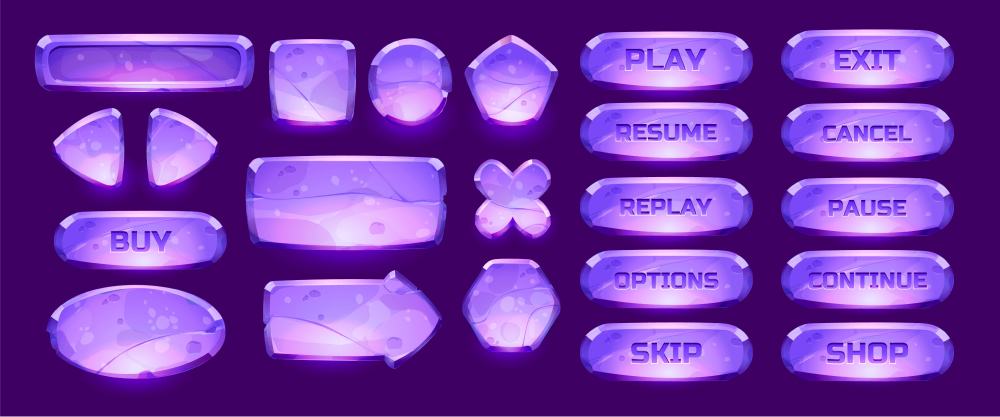
Why is the trend of Game Outsourcing studios growing?
Continue reading "Why is the trend of Game Outsourcing studios growing?"
Have you ever wondered whether inviting luminaries such as Shigeru Miyamoto (Donkey Kong), Sid Meier (Civilization, The Sims), or Will Wright (Spore) would significantly enhance your game development process? Undoubtedly, their expertise could offer valuable insights. However, the valid key to success lies in the individuals involved and the meticulous configuration of team dynamics and processes spanning all departments, from development to marketing. Hence, in GameDev, processes hold far greater significance than individual personalities.
Let us now identify the essential components necessary for successful game development endeavors. These components are designed to empower you in effectively managing your team, enabling you to navigate through project sprints, meet deadlines, and remain within budget constraints.

Embarking on the construction of processes may be manageable if one understands the technology involved and adheres to it diligently while also infusing a touch of creativity. Below, we delineate the primary elements crucial in the Game Dev industry's process architecture.
Therefore, your technical assignment should contain:
If you've already established processes but sense that something vital may be overlooked, take a moment to identify the potential gaps. Feel free to pause your reading and evaluate your processes using the above-created checklist.
Now, if you want to configure processes from scratch, let’s define your path step-by-step.
To ensure accurate and effective implementation, it is imperative to determine the scope of work, clear objectives, and technical requirements. This foundational step is crucial for better preparation for future trials. Delegating and distributing tasks to the team becomes challenging without clearly defined tasks. Once the scope of work is established, assembling all necessary specialists becomes feasible.
Following the initial step, preparing recommendations and establishing a clear artistic direction is essential. It ensures a cohesive vision and understanding of the desired artistic style for the project. References serve as illustrative examples, aiding in conveying the desired look and feel of the game. These may include images, videos, or games that capture the desired artistic style, mood, or atmosphere. By offering recommendations, team members receive visual guidance to recreate the desired visual effects accurately.
While references and creativity are essential, balancing technical requirements and creative freedom is paramount in game development. This equilibrium ensures that the game's functionality remains unencumbered by unnecessary elements, maintaining optimal performance and user experience.
Streamlining the development process necessitates a clear understanding of future sprints and project stages. Typical stages include pre-production, production, testing, and release. By comprehensively managing the project pipeline, tasks, and resources can be allocated effectively, fostering smooth project progression.
Transparent communication is indispensable for effective portfolio management. Foster a culture where the team feels comfortable sharing updates, obstacles, and suggestions. Regular feedback and guidance ensure alignment with project objectives while promoting collaboration and fostering creativity and innovation.

You will create the game you want only if the right experts work on it. They should not only have the necessary skills and relevant experience, but they should also enjoy working on your game. If you have to choose "an experienced developer who is not a gravity genre or developer without much experience who likes such projects" it is best to select the second option.
Delegating tasks is a critical aspect of task management in game development. By employing effective delegation techniques, you can ensure tasks are assigned and executed efficiently.
By implementing these techniques, you can maintain constant process oversight while granting specialists maximum freedom.
Effective task management is paramount for the success of any game development project. By comprehending the significance of clear objectives, technical requirements, and collaboration, you can enhance task management effectiveness and guarantee the successful completion of your projects. Remember to communicate clearly, delegate tasks efficiently, and cultivate a culture of continuous improvement. Applying these tactics can enhance your team's productivity, creativity, and overall success in the game development industry.